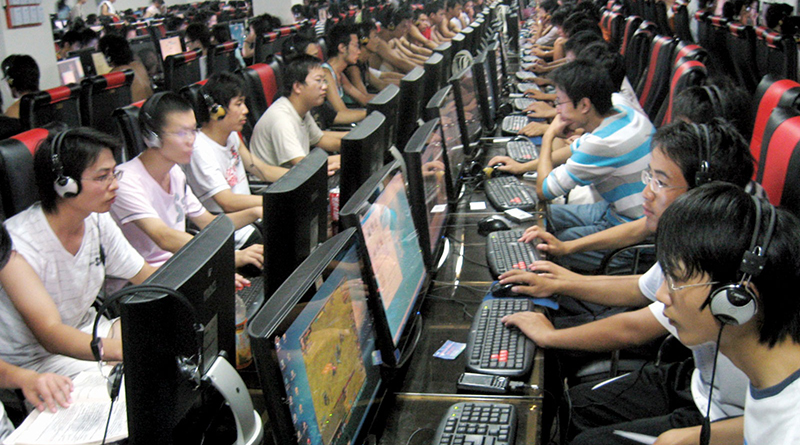The “connected world” has become a buzzword lately, with tech titans from Facebook to Google rushing to get people online. But a UN report released yesterday reveals that you need to provide the prerequisite training, education, and languages before equal access to the internet becomes a reality for all.
Dubbed The State of Broadband and produced by the UN Broadband Commission, the report estimates that roughly 57 per cent of people in the world remain offline, and unable to reap the socio-economic advantages provided by the internet. Broadband access is failing to reach up to 90 per cent of people living in the poorest nations such as Eritrea and Somalia, and the gender digital divide is also proving difficult to overcome. In 2013, for example, it was estimated that in the developing world there were 16 per cent fewer women than men using the internet, compared with only two per cent fewer women than men in the developed world.
But fortunately, this all has the potential to change in the future if the web becomes a more multilingual locus and governments worldwide step up their act.
According to the report, it’s not just broadband infrastructure that will bring more people online. Public and private sectors need to join forces to ensure that the correct policies and strategies are implemented.
What’s also important is that content (e-commerce sites, video, relevant websites) is available in languages that aren’t well represented online. This would allow more people in underserved communities to understand the full potentials of the internet—such as greater access to digital education and healthcare as well as e-commerce—and allow them to communicate with people beyond their country’s own borders.
Currently only five per cent of the world’s languages (by number of world languages) are represented online.
“The challenge now is about connecting the next four billion people who will come online, in many more languages, via more platforms, using many more devices over a range of different networks,” write the authors.


